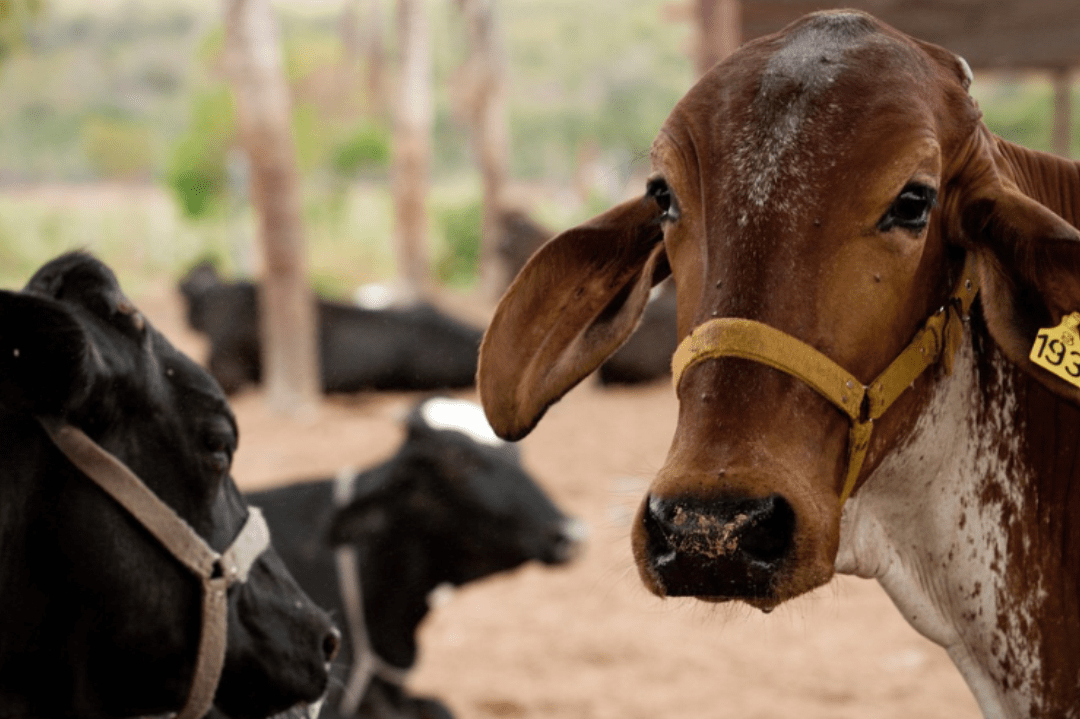Brazilian livestock has not only shaped the country’s agricultural landscape but has also played a crucial role in building national identity and the economic development of its different regions. Nelson Ananias Filho, Sustainability Coordinator of the Brazilian National Confederation of Agriculture (CNA), shared valuable insights with Brazilian Farmers about the historical path and future prospects of low-carbon livestock farming in Brazil.
The legacy of livestock in Brazilian history
Livestock plays a crucial role in the Brazilian agricultural economy, occupying vast stretches of land across the country. In addition to being an essential economic activity, it has historically significant implications for the occupation and internalizing of national territory. Since the early days of colonization, livestock has been the driving force behind regional development, shaping not only the landscape but also the culture and local economy. By opening new rural premises, livestock became the first point of contact with the land, driving the growth and expansion of rural areas in Brazil.
“Over the years, livestock has become one of the pillars of the Brazilian trade balance, being one of the main drivers of exports and a crucial source of revenue for the country,” highlighted Nelson.
The current status of low-carbon livestock farming in Brazil
Brazilian livestock is increasingly taking a central position on the global stage as a model of sustainable development. Low Carbon Agriculture (LCA, or ABC in Portuguese) emerges as a significant tool in this transition to more environmentally friendly practices. Nelson emphasizes that ABC not only contributes to national emissions reduction targets but also functions as an example for other Nationally Determined Contributions (NDCs) around the world.
Technologies used in tropical agriculture and livestock are internationally recognized as models of sustainable development. The recovery of degraded pastures and Integrated Crop-Livestock-Forest (ICLF) systems, for instance, have proven effective in reducing greenhouse gas emissions. These practices not only assist climate change mitigation but also promote ecosystem recovery and preservation.
Nelson also highlights the significance of additionality within the ABC program context. This concept, which refers to emissions reduction compared to a baseline, is essential for measuring the impact of implemented actions. ABC goals, set since the Kyoto Protocol, have been revised and strengthened over the years, especially with the implementation of ABC+ since 2021.
ABC+ represents a significant step in Brazilian livestock’s mitigation and adaptation strategies. With a renewed focus on recovering degraded pastures, expanding ICLF practices, and investing in monitoring technologies, Brazil seeks not only to achieve but also to exceed its emissions reduction targets. The success of these initiatives depends on the productive sector’s commitment and the development of effective Monitoring, Reporting, and Verification (MRV) systems.
Commitment to sustainability and innovation
“Brazil always had the future in mind concerning less emitting technologies, and particularly in addressing livestock compared to any other country,” says Nelson.
With the implementation of ABC+, Brazil reinforces its commitment to sustainability and innovation in livestock farming. ABC+ represents a significant leap toward a more sustainable and resilient future for Brazilian livestock.
Nelson emphasizes the importance of investing in less emitting technologies and innovative agricultural practices: “Brazil is at the forefront of sustainable initiatives, leading the way toward a more efficient and ecologically conscious tropical agriculture.”
As Brazil advances towards more sustainable livestock farming, it is clear that this activity’s history and future are closely linked. With innovative practices, investment in transparency, and a renewed commitment to sustainability, Brazilian livestock is entering a new era where productivity and environmental respect go hand in hand.


